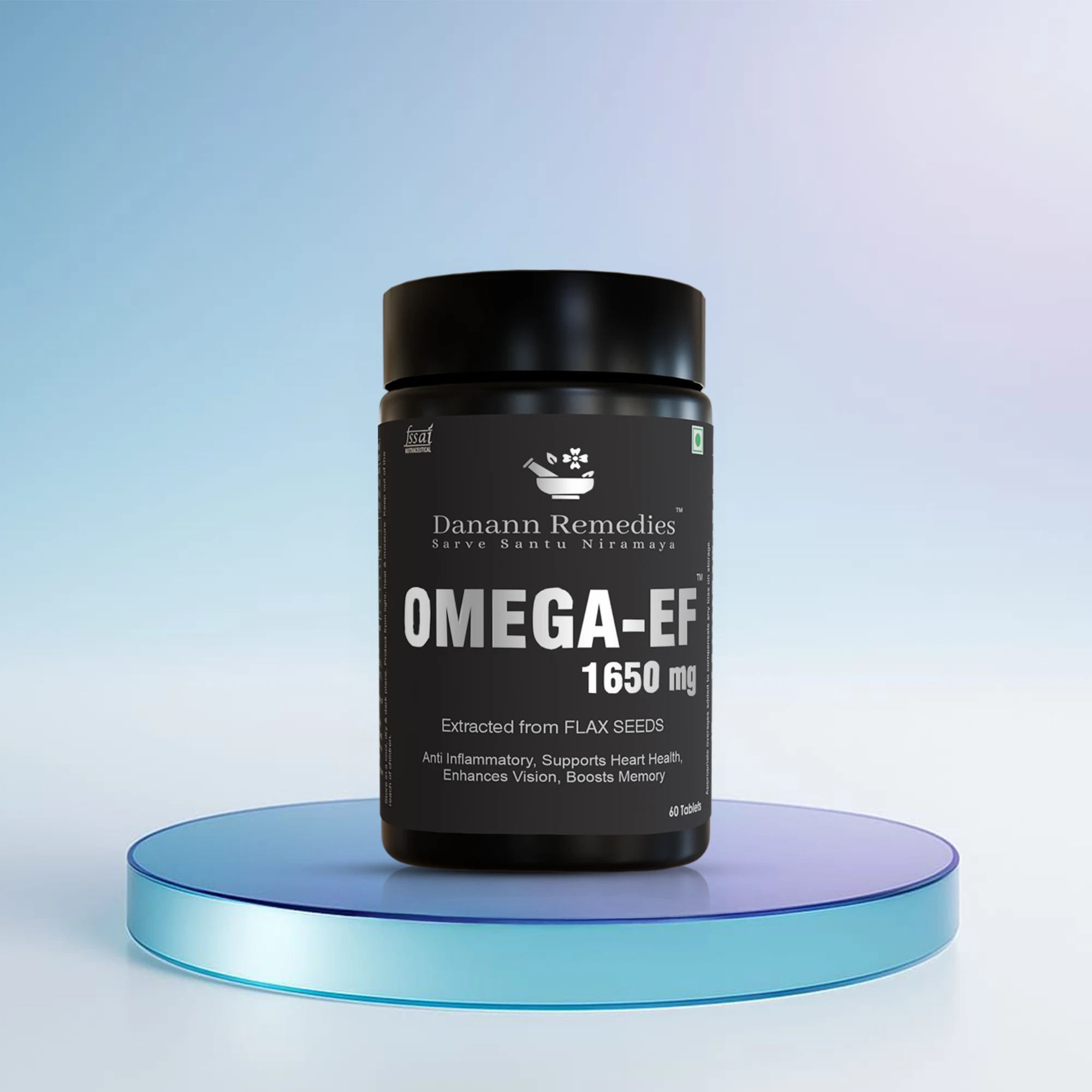Acne is a universal skin concern, but when you have sensitive skin, treating it becomes a delicate balancing act. The wrong product can trigger irritation, redness, or even worsen breakouts. Finding effective yet gentle treatments is crucial for those navigating both acne and sensitivity. In this article, we’ll explore why sensitive skin reacts the way it does, which ingredients to embrace (and which to avoid), and how to build a skincare routine that calms the skin while combating acne.
Understanding Sensitive Skin and Acne
Sensitive skin is characterized by heightened reactions to environmental factors, skincare products, or internal changes. It often manifests through redness, dryness, burning sensations, or itching. When you add acne into the mix, it complicates matters—most traditional acne treatments are formulated to be strong and often harsh.
Acne itself is caused by a combination of excess oil production, clogged pores, inflammation, and bacterial overgrowth. While many acne-fighting ingredients are designed to target these issues, they can strip the skin’s natural moisture barrier or increase inflammation in sensitive skin types.
This is why selecting the right skincare regimen is vital—not just for clearing breakouts, but for protecting and nourishing your skin in the process.
Common Triggers to Avoid
Before diving into product recommendations, it’s important to identify common irritants and ingredients that tend to aggravate sensitive, acne-prone skin:
- Alcohol: Often used in toners and acne treatments, alcohol can dry out the skin and compromise the skin barrier.
- Fragrance: Both synthetic and natural fragrances can cause allergic reactions or irritation.
- Harsh exfoliants: Physical scrubs with rough particles can create microtears in the skin and exacerbate redness.
- Essential oils: While natural, essential oils like tea tree or peppermint can be too potent for sensitive skin.
Knowing what to avoid is the first step in narrowing down skincare choices to those that are safe and effective.
Ingredients That Work Wonders
There’s no need to fear all active ingredients. Several acne-fighting components are suitable for sensitive skin when used correctly:
- Niacinamide (Vitamin B3): A powerhouse ingredient that reduces inflammation, controls oil, and strengthens the skin barrier.
- Salicylic Acid (BHA): A gentle exfoliant that cleans out pores, best used in low concentrations for sensitive skin.
- Zinc: Known for its anti-inflammatory and antibacterial properties, zinc can calm breakouts without causing irritation.
- Centella Asiatica (Cica): A soothing botanical that helps repair the skin barrier and reduce redness.
- Azelaic Acid: Naturally found in grains, this acid reduces inflammation and bacteria while brightening the skin.
These ingredients, when formulated in balanced products, offer a path toward clearer skin without sacrificing comfort.
Crafting a Gentle Acne Skincare Routine
For those with sensitive skin, a minimalist and consistent routine is best. Here’s a gentle step-by-step routine that targets acne while maintaining skin health.
1. Cleanser
Start with a mild, non-foaming cleanser that removes dirt and oil without stripping the skin. Look for formulas labeled “sulfate-free” and “pH-balanced.” Ingredients like chamomile or oatmeal can further soothe the skin.
2. Toner (Optional)
If you enjoy using toner, opt for an alcohol-free version with calming ingredients like rose water or witch hazel. Skip this step if toners tend to irritate your skin.
3. Treatment Serum
Introduce actives through serums rather than harsh spot treatments. Serums with 2% salicylic acid, niacinamide, or azelaic acid can be very effective. Use them sparingly at first to allow your skin to adjust.
4. Moisturizer
Hydration is crucial—even for oily or acne-prone skin. A lightweight, fragrance-free moisturizer containing ceramides, hyaluronic acid, or squalane will nourish without clogging pores.
5. Sunscreen
Many people with acne skip sunscreen, fearing breakouts. However, UV damage can worsen acne scars and increase sensitivity. Choose a mineral sunscreen with zinc oxide or titanium dioxide, which are less likely to cause irritation.
When to See a Dermatologist
If your acne persists despite a careful routine, or if you experience painful cysts and frequent flare-ups, it’s wise to consult a dermatologist. Prescription treatments like topical antibiotics or oral medications might be necessary, especially for hormonal acne. Your dermatologist can also guide you toward professional treatments that are safe for sensitive skin, such as LED light therapy or chemical peels with lactic acid.
Natural Remedies and Lifestyle Tips
Aside from skincare products, there are several natural approaches and lifestyle habits that can support clearer skin:
- Stay hydrated: Drinking plenty of water helps your skin flush toxins and maintain elasticity.
- Eat a balanced diet: Reducing sugar, dairy, and processed foods may lower inflammation and improve skin clarity.
- Manage stress: Stress increases cortisol, which can trigger breakouts. Practices like meditation or yoga can help.
- Change pillowcases frequently: Dirt and oil buildup on pillowcases can contribute to clogged pores.
- Avoid over-washing: Cleansing more than twice a day can dry out your skin and make acne worse.
Choosing the Right Products
Navigating the skincare aisle can be overwhelming. Look for brands that specifically cater to sensitive skin, and always patch-test new products before applying them all over your face.
Reading reviews from people with similar skin types can be helpful, but remember that skin is highly individual. What works for one person may not work for another.
If you’re looking for specific product recommendations, a good starting point would be to explore the best acne products for sensitive skin that combine soothing botanicals, gentle exfoliants, and barrier-supporting ingredients. These formulations strike the right balance between effectiveness and gentleness.
Final Thoughts
Acne doesn’t have to be a life sentence—especially not at the cost of healthy, comfortable skin. For people with sensitive skin, a mindful, informed approach is key. By focusing on gentle, nourishing products and being consistent with your routine, you can make meaningful progress toward clearer, calmer skin.




